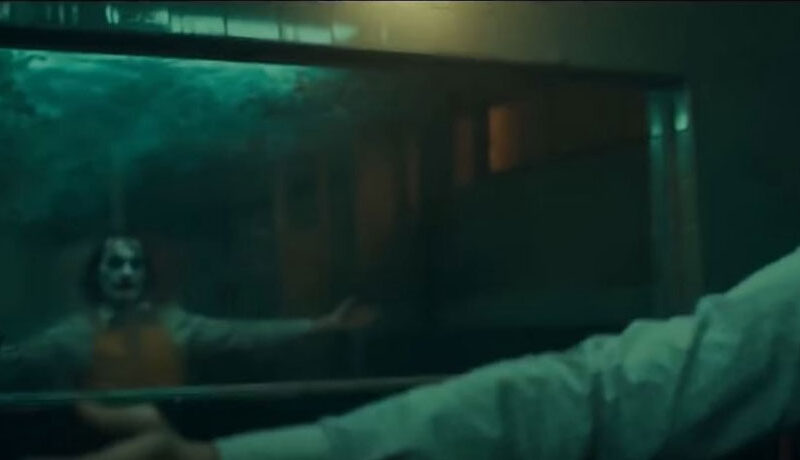How do I help my 14-year-old cope with the Aurora movie theater shooting?
How do I help my 14-year-old cope with the Aurora movie theater shooting? https://mediatrics.com/wp-content/themes/corpus/images/empty/thumbnail.jpg 150 150 Mediatrics Mediatrics https://mediatrics.com/wp-content/themes/corpus/images/empty/thumbnail.jpgQ: My 14 year old son has been anticipating the release of the new Batman movie ever since he saw the trailer last year. He pre-ordered his tickets for opening weekend and was all set to go with friends when he heard about the theater shooting at the midnight showing in Aurora Colorado. The news scared him so much that he decided to stay home. He was invited to a different movie last night but declined the invitation. My son is passionate about movies and usually leaps at the opportunity to go… I want to talk to him about what happened in that movie theater, but don’t know what to say or how to address it. Any advice you can offer will be truly appreciated.
~Scared of the Screen, USA
A: Dear Scared,
Like your son, my first reaction to the tragedy in Aurora Colorado was one of horror. After my initial shock, I felt a deep sadness, sadness for the victims and their families, for the lessons we humans have difficulty learning, and for the loss of our movie-going innocence. Terrorism, intentional or insane, only works if we are terrorized. Your instincts are right on the mark: talk with your son, help him cope with his fear, anger, and sadness, and show him that he can live without fear and reclaim his love for the movies.
While the motives behind this attack may never be clear, it is important that we do not reflexively blame media violence as the cause behind these heinous acts. Research has shown that some young people have measurable increases in their aggressive thoughts and behaviors after viewing violent media, however, this is actually the least prevalent response. Most young people can use violent media without becoming violent themselves.
All of us (adults included) are desensitized by violence as entertainment. The more we see violence, the more normal it becomes, particularly when the violence is coupled with a pleasurable feeling, such as comedy, romance, or exhilarating action. As a result, we increasingly accept using violence as a means of resolving conflicts, prevailing over others or calling attention to oneself.
When I was a filmmaker, I went to screenings all the time, watching violence without flinching. But after working in a medical emergency department, where I saw, firsthand the realities of violence, suffering, and death, I can no longer enjoy, or even tolerate violent movies. Shocking as it is, Aurora provides just such a “teachable moment” for your son, and for us all. Faced with the reality of violence, it is much harder for him to dismiss violent movies and videogames as “only make-believe”. Use this tragedy as an opportunity to discuss and deconstruct media violence with your son. Talk with him explicitly about violence as entertainment and violence as reality. Ask him about the feelings he has while playing a video game or seeing a movie, and how those feelings compare to what he is feeling about Aurora.
To help him manage his anxiety, go and see a movie with him. Let him choose the movie. Not only will this help alleviate his fears about venturing out to the theater, but it will give you both a chance to think about the film and talk about it afterwards. Be sure to discuss how you both enjoyed (or didn’t enjoy) the film and the experience of viewing it as part of an “instant” community of moviegoers. It would be sad for him to lose this shared cultural experience, a moment of time when he sat in the dark with strangers, sharing laughs, fears, tears, and dreams.
Enjoy your media and use them wisely,
The Mediatrician®




